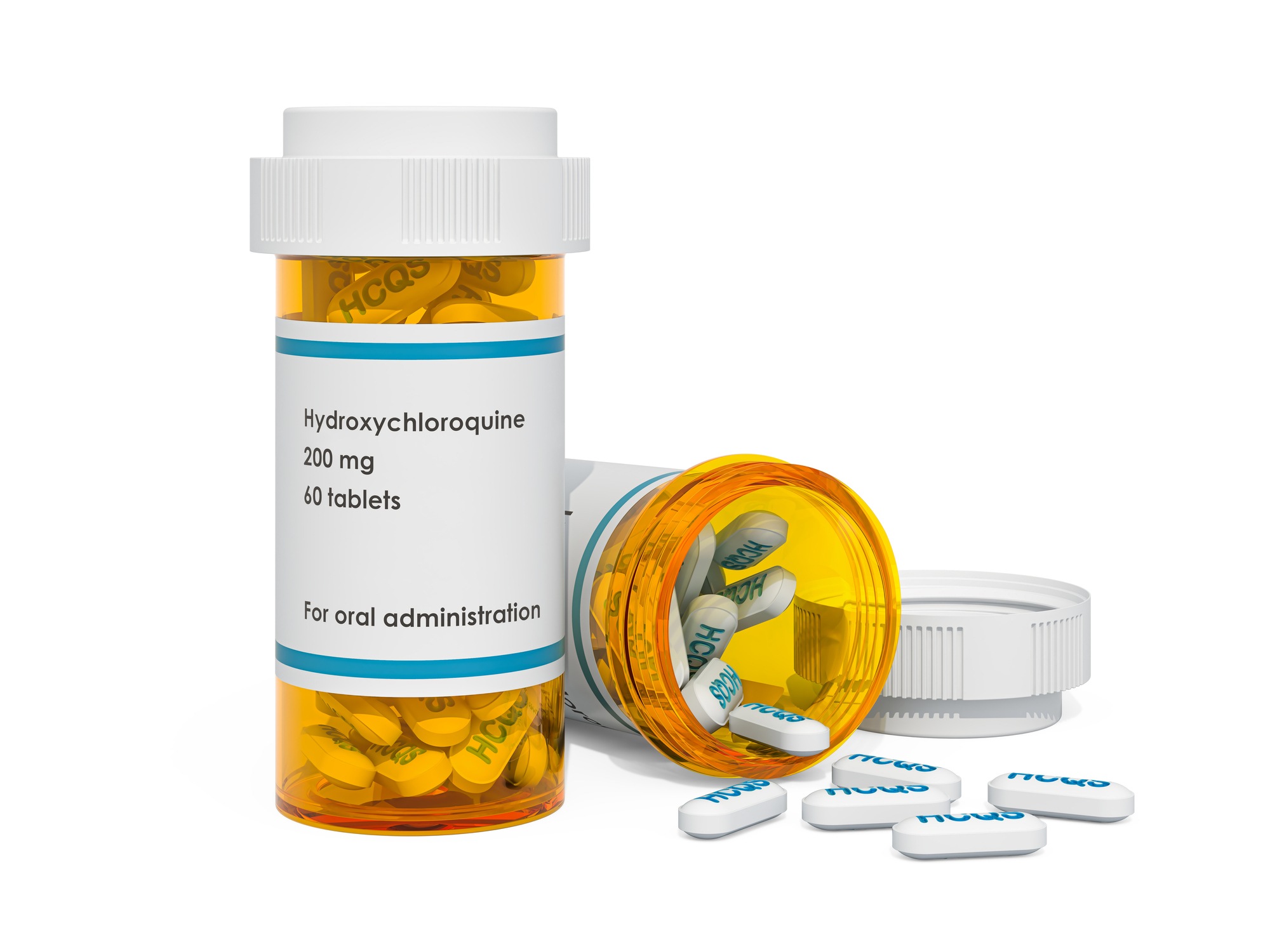
Many systemic lupus erythematosus (SLE) patients take hydroxychloroquine to help manage their disease. Benefits of the antimalarial include reduced flares, neonatal lupus risk, and thrombosis risk, as well as improvements in bone mineral density and survival. However, prolonged exposure to the drug is associated with potential adverse effects including maculopathy and cardiomyopathy. Because of these risks, a study assessed whether older SLE patients can safely terminate hydroxychloroquine therapy.
A retrospective chart review was conducted at three major New York City-based lupus centers; 26 patients who discontinued hydroxychloroquine (withdrawal) were matched by age, sex, and race to 32 patients taking hydroxychloroquine (continuation). The main outcome was a lupus flare, defined per the revised Safety of Estrogens in Lupus Erythematosus: National Assessment version of the Systemic Lupus Erythematosus Disease Activity Index (SELENA-SLEDAI) Flare composite index, within one year of terminating hydroxychloroquine or matched continuation time.
Flares of any severity occurred in five patients (19.2%) in the withdrawal group and five patients (15.6%) in the continuation group (odds ratio [OR]=1.28; 95% confidence interval [CI], 0.31 to 5.30; P=0.73); no severe flares were reported in either group. When adjusting for length of SLE, number of American College of Rheumatology criteria, low complement levels, and SELENA-SLEDAI score, and in propensity score analysis, the outcomes were similar (OR=1.18; 95% CI, 0.23 to 6.16; P=0.84). The withdrawal group had a non-significantly shorter time to flare than the continuation group. One case of pericarditis was reported, in the continuation group. Most flares presented in the cutaneous and musculoskeletal systems. Reasons for hydroxychloroquine withdrawal were retinal toxicity (42.3%), patient’s preference (34.6%), other confirmed/suspected adverse effects (15.4%), ophthalmologist recommendation for macular degeneration (3.8%), and rheumatologist recommendation for quiescent SLE (3.8%).
The study was published in Arthritis Research & Therapy.
The researchers concluded that their study found that stable SLE patients aged older than 55 years did not experience a significant increase in flares after terminating hydroxychloroquine. They called for future prospective studies to confirm their findings “and to assess the potential differences in metabolic, thrombotic, and mortality outcomes” associated with hydroxychloroquine withdrawal in older SLE patients.
“Evaluation of biomarkers to identify potential predictors of flares in older lupus patients should also be considered in future studies,” they added.







 © 2025 Mashup Media, LLC, a Formedics Property. All Rights Reserved.
© 2025 Mashup Media, LLC, a Formedics Property. All Rights Reserved.